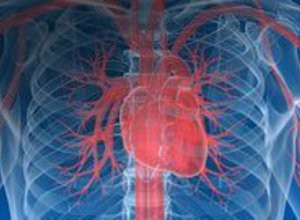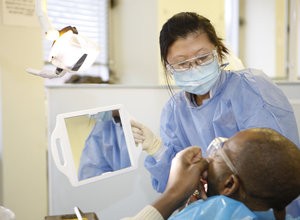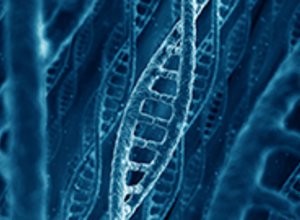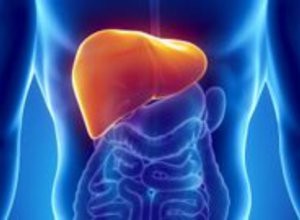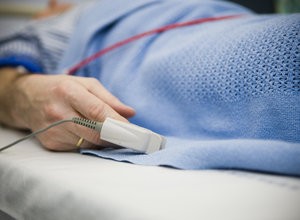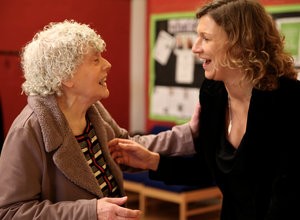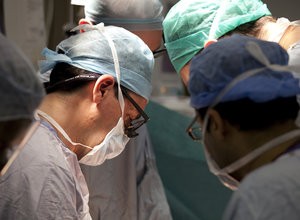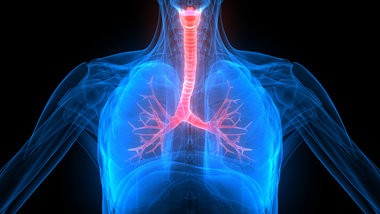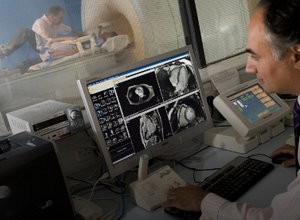
Imaging is at the heart of modern medicine. Most patients in our hospitals will visit one of our departments, and in many cases the diagnosis is made using findings on imaging investigations. We study both the structure and the function of the body. We also perform minimally invasive procedures under the guidance of imaging, to treat patients. Underpinning the technology used in imaging is biomedical engineering.
The CAG provides a full range of diagnostic, interventional and therapeutic radiology investigations and procedures. We perform 380,000 imaging examinations per year.
At Guy's and St Thomas' and King's College Hospital NHS Foundation Trusts, comprehensive imaging facilities and expertise are provided across the Clinical Radiology, Nuclear Medicine and Positron Emission Tomography (PET) and Medical Physics and Engineering units. At King’s College London, we have a strong programme of research covering everything from the programming of new devices to software which simulates how the body works.
Because imaging services are vital to inform and support delivery of care, we have a lot of interaction with other CAGs, particularly Cancer and Cardiovascular. We have academic departments in our CAG called Cardiovascular and Cancer Imaging, which focus on these areas of medicine. Collaboration allows us to share best practice about how to manage patients.
Through our teaching programmes, we aim to ensure our radiographers, nurses, doctors and scientists are stars of the future.
Our training portfolio includes three and four-year PhD training programmes, a suite of five Masters programmes which act as both a postgraduate qualification and part of the training programme provided for scientists working in the NHS. We also undertake specialist training for allied health professionals in Radiography and are one of five National Training Centres for the NHS Breast Screening Programme.
We have two of the biggest centres for postgraduate training in Radiology, as well as a programme in Nuclear Medicine and specialist training recognised internationally in areas such as Interventional Radiology, PET/Computerised Tomography (CT), Liver and Cardiovascular Imaging.
Key educational achievements include:
- The MSc Clinical Science (Medical Physics) and MSc Clinical Science (Clinical Engineering) programmes successfully passed NHS quality review with commendations in eight areas and particular praise for the use of expert patients and integration of teaching by NHS and King's College London staff.
We have a strong programme of research covering everything from the programming of new devices to software which simulates how the body works. We have several leading research centres in the UK including a Wellcome Trust/Engineering and Physical Sciences Research Council (EPSRC) Medical Engineering Centre, a Cancer Research UK/EPSRC Comprehensive Cancer Imaging Centre, and a British Heart Foundation Centre of Excellence.
Our ambition is to become one of the world’s leading imaging and biomedical engineering centres, and we have departments in Cancer Imaging, Biomedical Engineering, Imaging Chemistry and Perinatal Imaging.
We have in place plans to support faster translation of novel imaging techniques and devices into clinical practice, through dedicated funding from sources such as the Wellcome Trust and Engineering and Physical Sciences Research Council (EPSRC) (Centre for Medical Engineering and iFind), National Institute for Health Research (Biomedical Research Centres) and the Medical Research Council (Centre for the Developing Brain). In addition, a Medical Physics Research Faculty has been set up to encourage translational research within the CAG.





